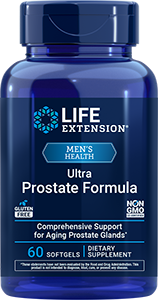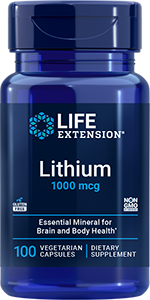
Newsletter
Newsletter
Review concludes nutritional factors are the missing link in immune support

June 2, 2020
A team of researchers from England, New Zealand, the Netherlands and the United States that included the principal investigator of the Linus Pauling Institute stressed the importance of supplementing the diet with a number of nutrients to support the immune system’s ability to protect against viral infections. The review was published on April 23, 2020 in the journal Nutrients.
Noting that acute respiratory tract infections are a significant cause of death and illness worldwide, the authors of the review observed that standard public health practices and available vaccines are measures that people can employ to help avoid becoming infected. However, practices such as handwashing and avoidance of ill people only offer partial protection against exposure and vaccines are not available for all viruses. “Often missing in public health discussions around immunity and infection are nutritional strategies to support optimal function of the immune system,” Dr Calder and his colleagues write. “This is surprising, given that the importance that nutrition plays in immune function is well established.”
The team identified vitamins A, B6, B12, C, D, and E, folate, zinc, iron, selenium, magnesium and copper as playing important and complementary roles in the support of the body’s innate and adaptive immune systems. These nutrients, with the exception of magnesium and vitamin E, have been the subject of health claims approved in the EU in regard to their contribution to normal immune system function.
Additionally, the omega-3 fatty acids EPA and DHA contribute to immune support by aiding in the resolution of inflammation. Delays in resolution could be deadly during cytokine storms that occur when the body unleashes excessive inflammation against respiratory illnesses—a phenomenon associated with acute respiratory distress syndrome (ARDS). Pro-resolving mediators formed from omega-3 fatty acids have been demonstrated to protect against and resolve ARDS in experimental research. In a review of trials involving ARDS patients who were given nutritional formulas that contained antioxidants and omega-3, the need for ventilation, new organ failures, length of time spent in intensive care and mortality after a month were reduced.
“Against this background the following conclusions are made,” the authors wrote. “Supplementation with the above micronutrients and omega 3 fatty acids is a safe, effective and low-cost strategy to help support optimal immune function; supplementation above the Recommended Dietary Allowance (RDA), but within recommended upper safety limits, for specific nutrients such as vitamins C and D is warranted; and public health officials are encouraged to include nutritional strategies in their recommendations to improve public health.”
Products
Apply What You’ve Learned: Immune Function
- Our immune system possesses innate and adaptive immune functions. While the innate immune system consists of protective barriers (such as the skin), antimicrobial peptides, cells that recognize non-self pathogens and other factors, and adaptive immune responses involve antigen-specific cells that depend upon memory of past infections.
- Aging is accompanied by a decline in immune function, which leaves older individuals more vulnerable to sometimes-deadly infections.
- While inflammation is an important and beneficial aspect of immune function during an acute response, long-term, low-grade inflammation has been associated with the development of chronic diseases.
- Just as a builder needs wood, bricks and mortar, every system in the body needs certain raw materials to be able to do its job. The immune system depends upon the intake of specific micronutrients to function effectively.
Featured Life Extension Magazine® Article
Energy Management Supplement Guide
By answering a few simple questions, we will help you choose the energy health supplements that are right for you.
What's Hot
Health Concern
How elderberry fights flu
The March 2019 issue of the Journal of Functional Foods published the findings of researchers at the University of Sydney of a mechanism by which elderberries combat influenza. Elderberry juice has long been used to help relieve flu symptoms, however, its mechanisms in influenza had not been identified.
Immune Senescence
As we age, our immune system function deteriorates, leaving us increasingly susceptible to health threats such as cancer, autoimmunity, infections, and chronic inflammation. This process is called immune senescence.
Related Life Extension Magazine® Articles
Life Extension Magazine®
A remarkable number of healthy-longevity findings have been published over the past 18 months.









